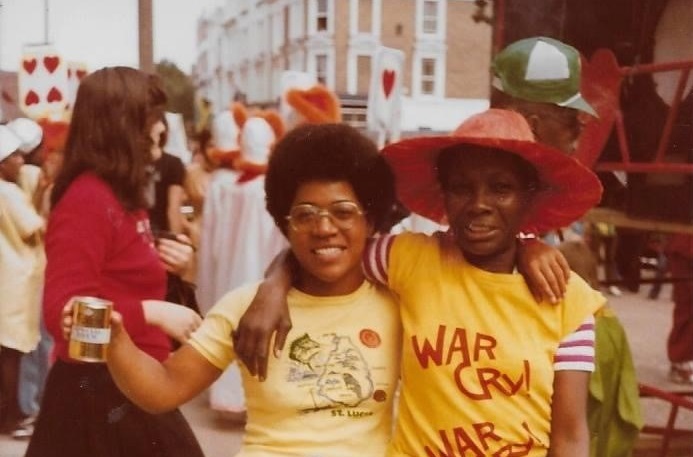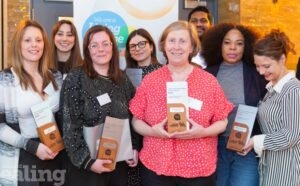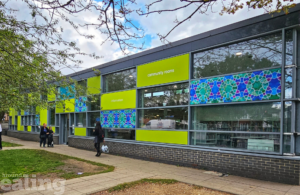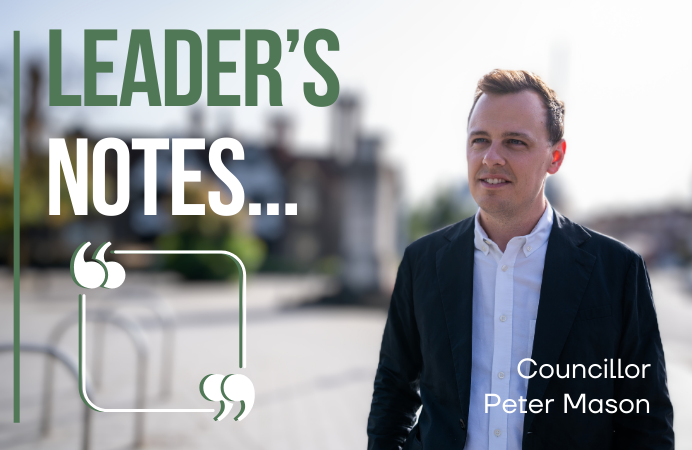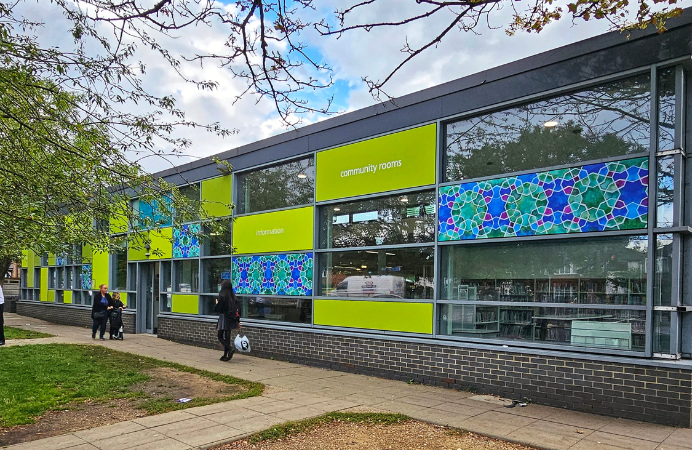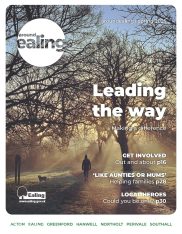The theme of Black History Month this year is ‘Saluting our Sisters’ and we’ve been looking back over past and current times to introduce you to black women in the borough who have had a positive impact on our lives.
Councillor Jasbir Anand, cabinet member for tackling inequality, said: “Black people have been an integral part of British history and society long before 1948 when Windrush docked in London. I am proud that we have such rich black history in Ealing. The theme this year is Saluting our Sisters and I’d like to thank our grassroot organisations and activists in Ealing for continuing to fight against racism and all inequalities. I’d like to pay homage to black women who had contributions ignored, ideas appropriated and voices silenced.”
Famous bookshop
Jessica Huntley, along with her husband Eric, opened a famous bookshop in the 1970s, the Bogle L’Ouverture in West Ealing.
The bookshop started operating in Windermere Road, and by early 1975 could be found in the front room of the owners’ home at Coldershaw Road.
The shop stocked books about African history and culture, fact and fiction, especially for children, and some of the books were used in school libraries. At the time it was 1 of only 2 places in Britain where such literature was available. It also published other work by black people. It was a voluntary and independent venture and much of its business was mail order.
The venture did attract the attention at the time, of the council, because it was thought that commercial ventures were prohibited at the residential street it was located in. Jessica Huntley strongly objected, saying that it was not a shop but a distribution centre on a relatively small but important scale, and that deliveries did not disrupt life in the street. However, by the autumn of 1975 it ceased operating from that address and moved to a permanent home at 5a Chigwell Place by the end of the year. An official reception was held in the November of that year and included author Gus John and John La Rose of New Beacon Books, the other black British publisher, both of whom gave talks.
‘not Buckingham Palace’
The bookshop was subject to attacks and was regularly graffitied, and in 1979 it received a threatening letter from the Ku Klux Klan. Yellow paint was thrown over it and Klan stickers were put on the windows. Other black bookshops saw similar attacks in this period and the offices of the Ealing Community Relations Council (ECRC) were also attacked. The police took no action at the time and when asked by Eric Huntley if there could be patrols to keep an eye, replied that the shop was ‘not Buckingham Palace’.
But Jessica and Eric remained steadfast. The Huntleys, with fellow bookshop owners, formed a ‘Bookshop Joint Action’ group to raise awareness of the attacks, producing leaflets, holding public meetings and picketing the Home Office, which eventually resulted in national media coverage that led to the police taking action.
Jessica and her husband Eric’s impact was not just in the literary world. They opened their home to others and it became a hub for political and social discussions. The bookshop remained in place until 1990 and was later renamed the Walter Rodney Bookshop. The archives from the bookshop are held at the London Metropolitan Archives. In recent years a commemorative plaque was put up on the house – the first to commemorate black people in the borough. Another has since followed to mark 1920s activist John Alexander Barbour-James in Goldsmith Road in Acton.
Find out more on Jessica and Eric Huntley at Friends of the Huntley Archives at LMA (FHALMA) including the opening of the Jessica Huntley Community Garden at Leeland Terrace, West Ealing earlier this year.
Find out about events happening locally during Black History Month.
Picture above provided by Dame Elizabeth Anionwu, pictured on the left and Jessica Huntley on the right at Notting Hill Carnival in the 1970s.
